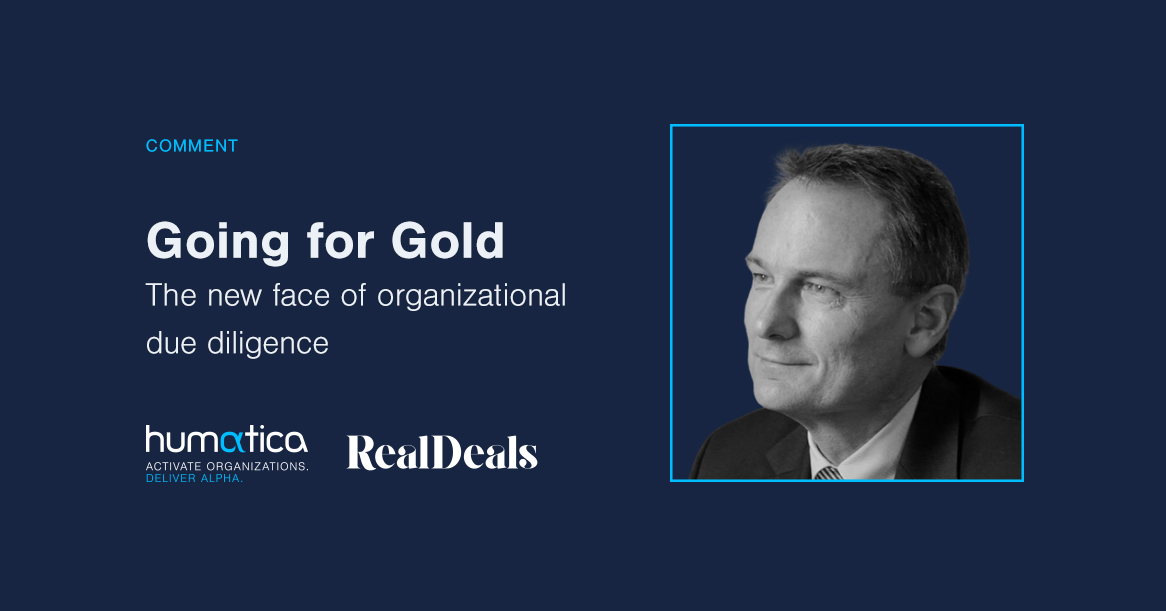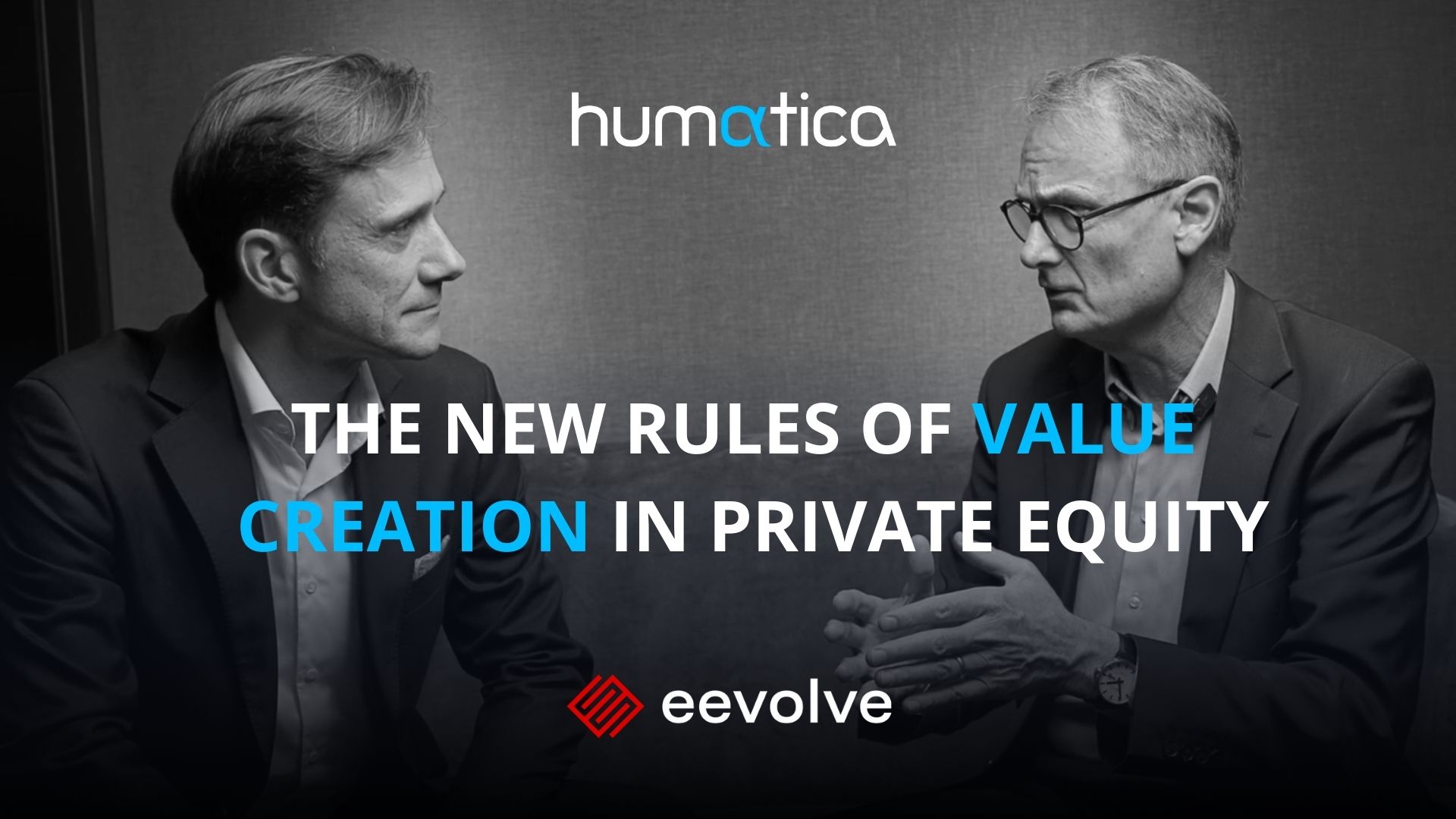
With more institutional money in the market and the industrialization of private equity, the number of attractive opportunities are shrinking while the criteria for investment are increasing. As a natural consequence more focus is being put on due diligence. Investors are trying to ensure that risks are properly priced, but with ever less time to do so, and without jeopardising the relationship with management. Traditional due diligence is necessary, but no longer sufficient and fund managers are innovating to master the new DD challenge.
Diligence has typically been a backward-looking risk-off exercise, focusing on historical financials, legal and environmental risks. However, with more ambitious value creation plans, due diligence has evolved to be more forward-looking and include commercial, IT and leadership DD – a broader set of complex topics to cover in a shorter period of time. Dennis Hall, Global Head of Portfolio Management at Baird notes the challenge, “we have lots of diligence tools, but how do we agree on and then execute the path to value? A big part is not covered by traditional DD. Understanding the team and organization’s capability to execute are fundamental.”
In particular, investors struggle with assessing the ability of the target company’s organization to implement the value growth plan. They are frustratingly stuck with rudimentary tools that limit their ability to understand the organization’s true ways of working and the quality of management below the C-Suite. The limits of traditional assessment have been reached.
Psychometric testing provides valuable inputs on manager strengths and weaknesses. And full-blown management assessment gives more breadth and depth at the individual and team level. However, deal teams complain that results lack value creation plan context, and don’t address other drivers of organizational readiness. In addition, individual assessments are intrusive and subjective tools that run a risk of alienating management and jeopardizing the deal.
So how should investors get under the hood to understand the inherent ability of a company to execute a value creation plan? The answer is to look beyond the senior leadership and at the quality of management processes which drive day-to-day decision-making and implementation. Baird Capital has been on the leading edge of implementing human capital and organizational effectiveness reviews as part of their investment process. According to Hall, “The benefit is clarity on the organizational development journey with management up-front. This helps us get buy-in and alignment with the team on necessary improvement steps.”
Working closely with mid-market fund clients over many years, Humatica has refined a structured approach to assess diverse organizational readiness factors pre-deal. In a short period of exclusivity, deal teams get fact-based transparency on how the target company really works, and likely organizational bottlenecks in the context of the value creation plan.
Valuable insights come from triangulating multiple data sources including the data room, desk research, structured management interviews, and inputs from the deal-team and advisors who interact with the management during DD. By codifying best-practice management processes in a maturity model, a few targeted questions reveal the gaps which would otherwise go undetected until the implementation stumbles. What a management team may proudly describe as a best-practice management process that “got them there”, may not be adequate to “get them there”.
A documented maturity model enables rapid, fact-based assessment of management process quality in all functional areas critical for value growth, including Sales, Product Development and Marketing.
Other benefits of this approach are that it is non-threatening for target company managers. They find the structured interviews pleasant and valuable. Good questions trigger a healthy re-think of existing management processes in the context of the next value growth step. The assessment of management process maturity also provides a more objective and relevant leadership assessment since as-is processes are defined by the leaders, and are therefore a better indication of competence.
Identified organizational and management bottlenecks can then be factored into the investment case. This is not only valuable for the deal team. Management also benefits by sharing the org DD results post-deal. It helps them to re-think needed organizational and leadership changes up-front, and execute the value creation plan on-time. It’s a lot better for all stakeholders to identify potential issues in the beginning, rather than have sledgehammer change 1-2 years down the road when implementation stumbles.
Organizational due diligence is evolving with PE market requirements. As entry multiples reach new highs, investors are digging deeper into target organizations. And for this, they need new tools. Like modern-day gold prospectors, more sophisticated methods are being employed by pioneer mid-market funds to go beyond traditional leadership assessment with broader organizational due diligence. Their quest to understand the inner workings of the target company up-front and initiate required organizational changes early, is delivering golden nugget exit multiples. As Hall finally notes, “Baird’s consistent performance is partly driven by focusing on applying integrated human capital and organizational DD processes.”
This article originally appeared in the due diligence special issue of Real Deals Magazine. To download it in PDF format, klicken Sie hier. If you want to learn more about our due diligence services, contact us.

In today’s private equity landscape, the classic levers of value creation are no longer enough. As markets evolve and competition intensifies, governance is emerging…
Read more
Measuring organizational performance is difficult, especially in a way that is both systematic and genuinely useful for decision-making. In a recent Alpha Talks conversation, Ueli…
Read more
Unpacking the root causes behind underperformance and how to resolve them It’s a familiar scene: Over dinner, a client lamenting inconsistent results across their portfolio…
Read moreErhalten Sie jeden Monat Neuigkeiten und wertvolle Perspektiven zu Themen der organisatorischen Effektivität